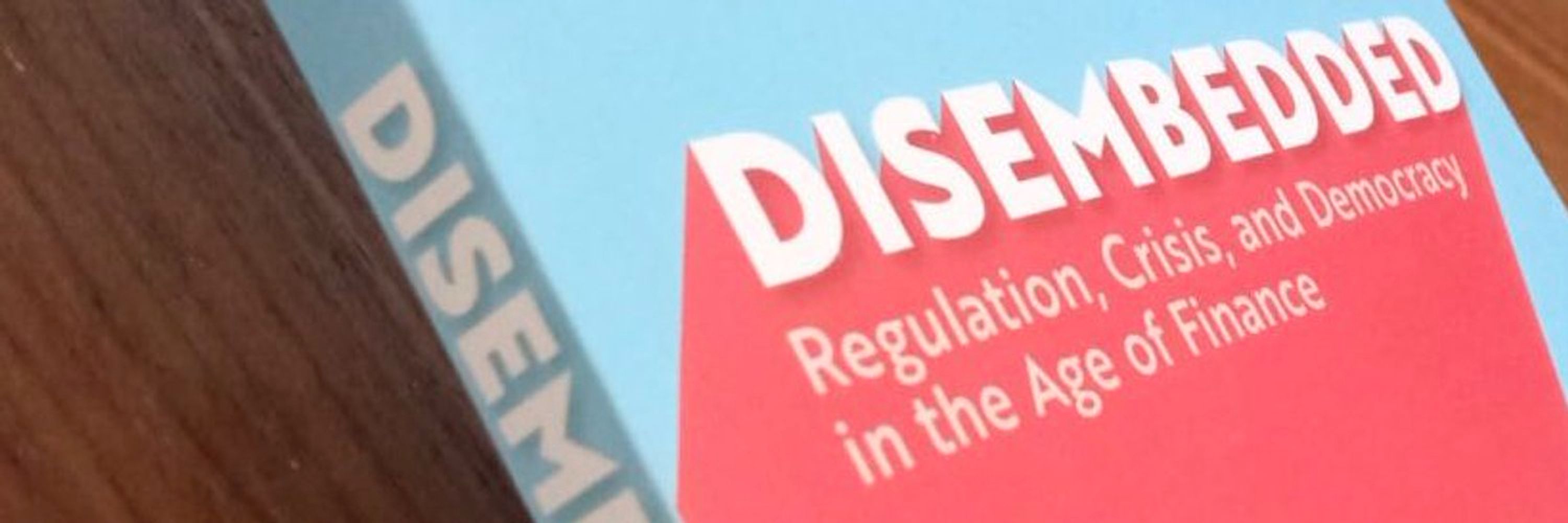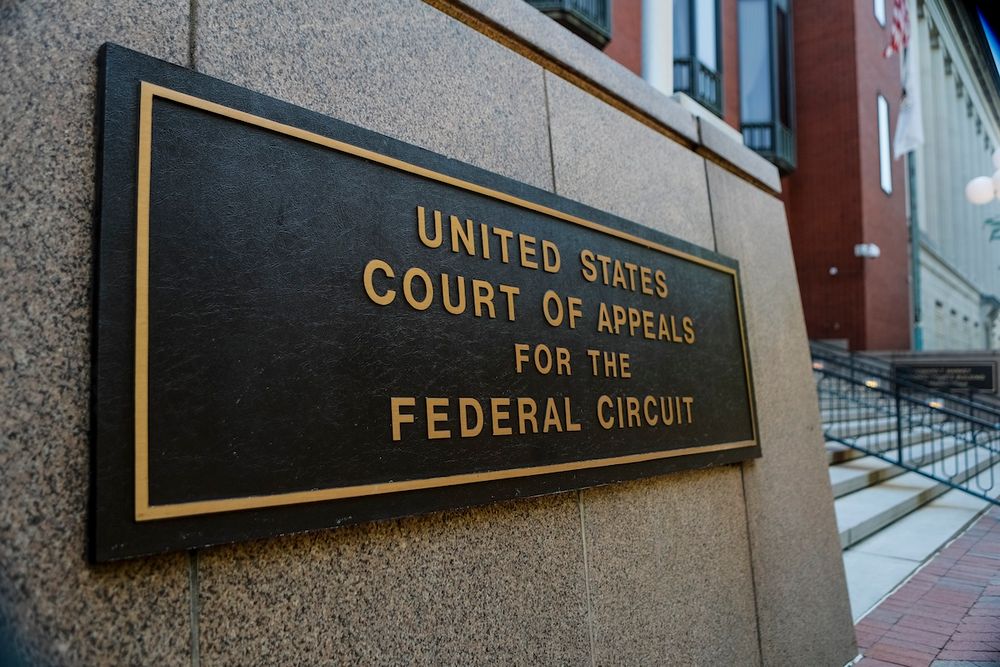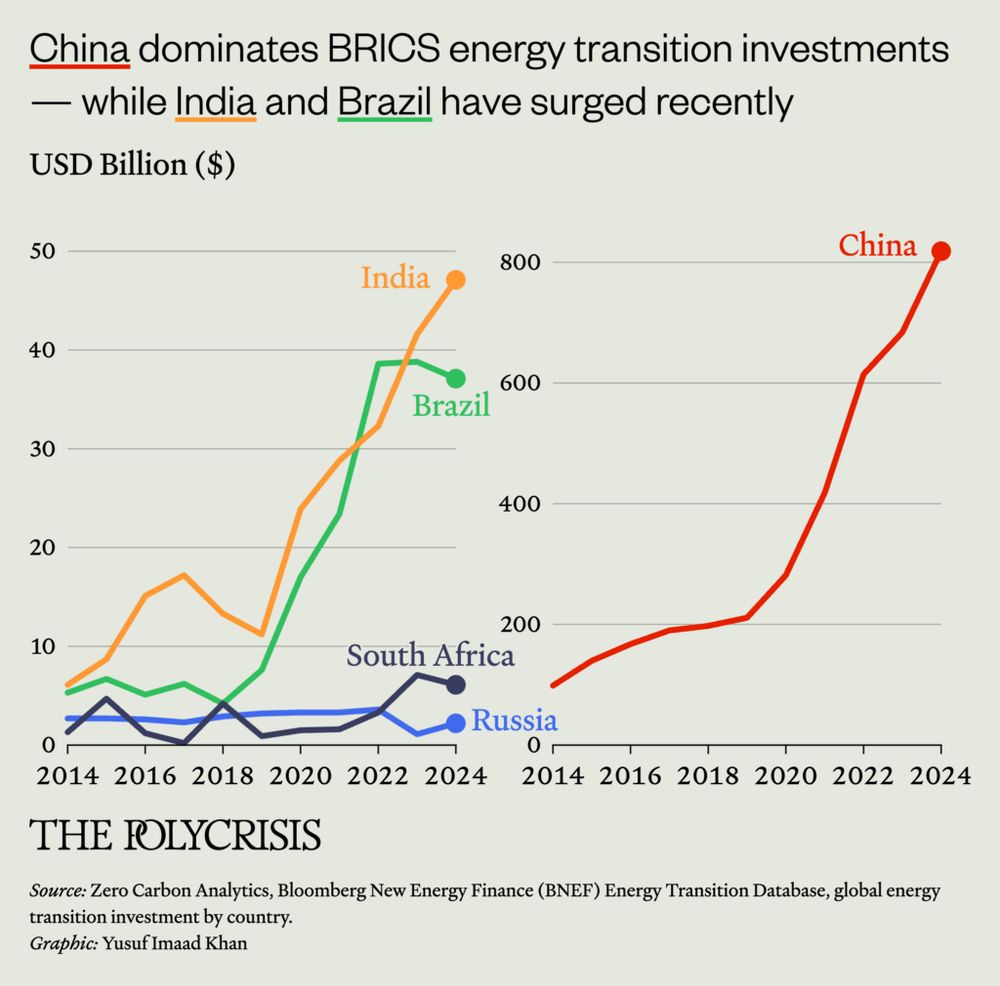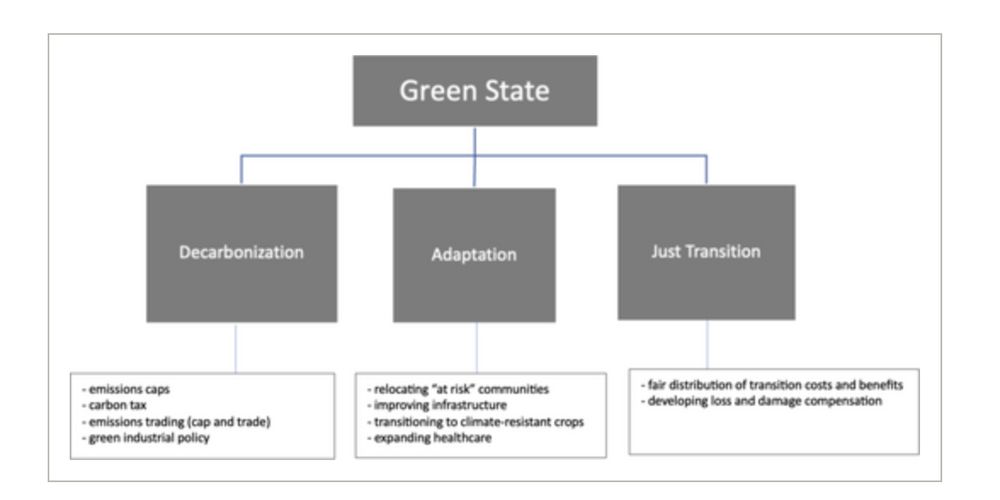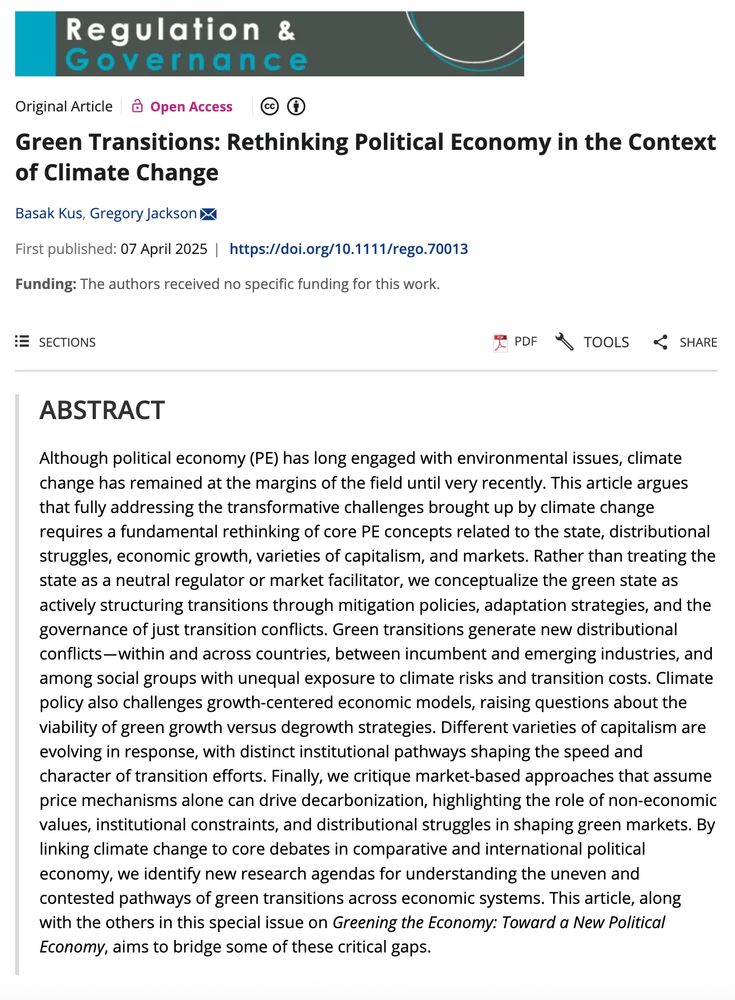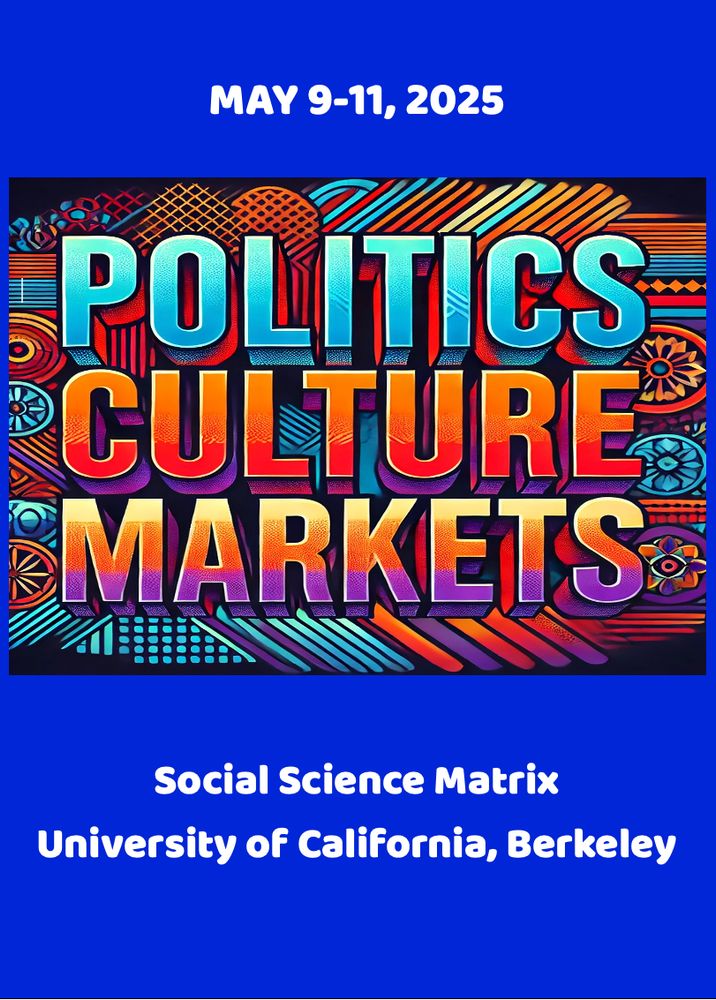Basak Kus
@basakkus.bsky.social
2.6K followers
1K following
34 posts
Wesleyan prof. SER editor. OUP author. political economy, public policy, state, finance, climate, crisis, American politics. New Haven. NYC.
Posts
Media
Videos
Starter Packs
Reposted by Basak Kus
Basak Kus
@basakkus.bsky.social
· Aug 22
Reposted by Basak Kus
Basak Kus
@basakkus.bsky.social
· Aug 5
Assistant Professor of Government
Wesleyan University Rank: Assistant Professor Subfield(s): Open Wesleyan University's Department of Government invites applicants for a tenure-track Assistant Professor of Government beginning July 1,...
wesleyan.wd5.myworkdayjobs.com
Reposted by Basak Kus
Basak Kus
@basakkus.bsky.social
· Apr 8
Basak Kus
@basakkus.bsky.social
· Apr 8
Basak Kus
@basakkus.bsky.social
· Apr 8
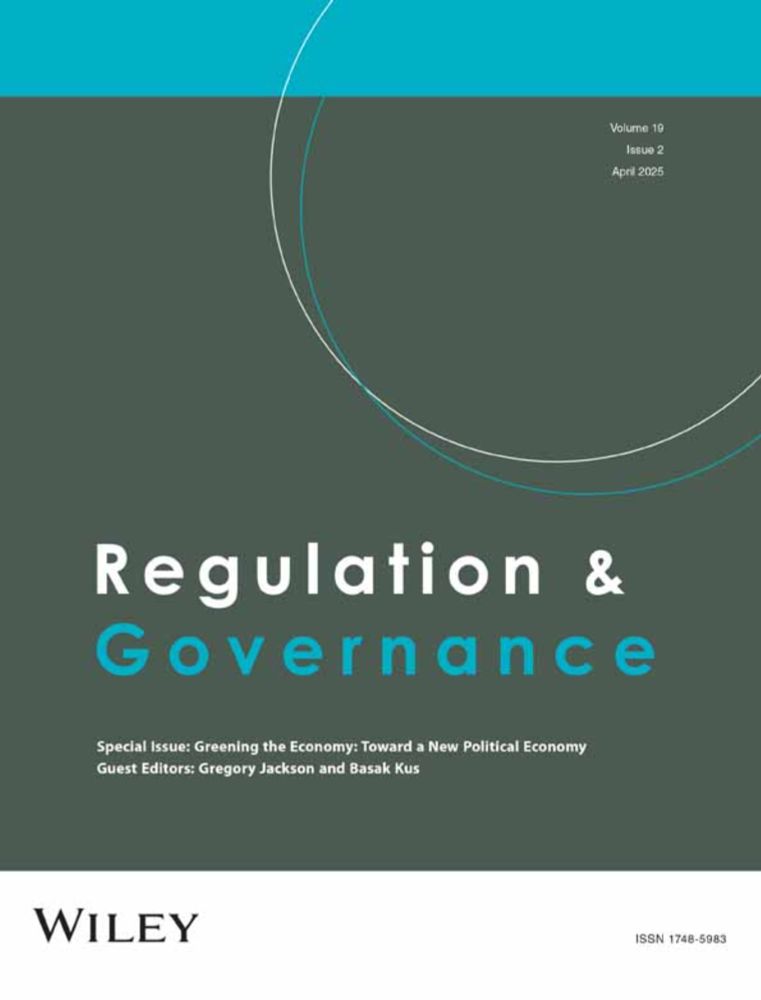
Green Transitions: Rethinking Political Economy in the Context of Climate Change
Although political economy (PE) has long engaged with environmental issues, climate change has remained at the margins of the field until very recently. This article argues that fully addressing the ....
onlinelibrary.wiley.com
Reposted by Basak Kus
Basak Kus
@basakkus.bsky.social
· Mar 5
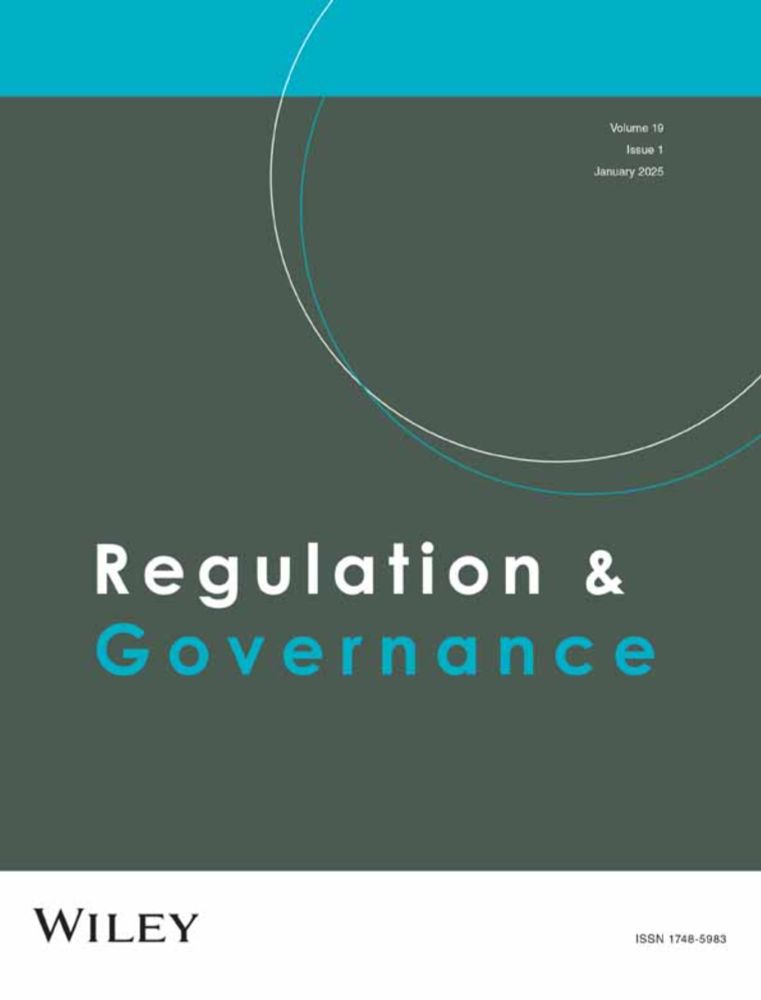
Climate Politics in Latin America: The Cases of Chile and Mexico
This paper focuses on climate coalitions and commitments in the Global South by comparing the cases of two Latin American countries, Chile and Mexico. Chile, once a laggard, emerged as a regional lea...
onlinelibrary.wiley.com
Basak Kus
@basakkus.bsky.social
· Mar 5

The Development of Carbon Markets in Upper‐Middle‐Income Countries
Upper-middle-income economies face a specific set of trade-offs when reducing carbon emissions, which differ from the trade-offs faced in low- and high-income economies. To mobilize domestic funds, m...
onlinelibrary.wiley.com
Basak Kus
@basakkus.bsky.social
· Feb 28

Climate Change and the Social Order
Despite decades of awareness, societies have failed to adequately respond to climate change, as evidenced by rising CO2 emissions and the continued dominance of fossil fuels in global energy consumpt...
onlinelibrary.wiley.com
Basak Kus
@basakkus.bsky.social
· Feb 28

The Green Economy and the Global South
The idea of a “green economy” is one of the latest attempts to bridge the environment and development aims, with a focus on economic growth that makes it appealing to countries that still see a signi...
onlinelibrary.wiley.com
Basak Kus
@basakkus.bsky.social
· Feb 28

Political Economy and Climate Change
The crisis of climate change threatens the existence of human civilization. As social scientists, we should be positioned to theorize and study whether or not the existing system of global capitalism...
onlinelibrary.wiley.com
Basak Kus
@basakkus.bsky.social
· Feb 28
Basak Kus
@basakkus.bsky.social
· Feb 14
Basak Kus
@basakkus.bsky.social
· Feb 13
Basak Kus
@basakkus.bsky.social
· Jan 22
Basak Kus
@basakkus.bsky.social
· Jan 17
Basak Kus
@basakkus.bsky.social
· Jan 16
